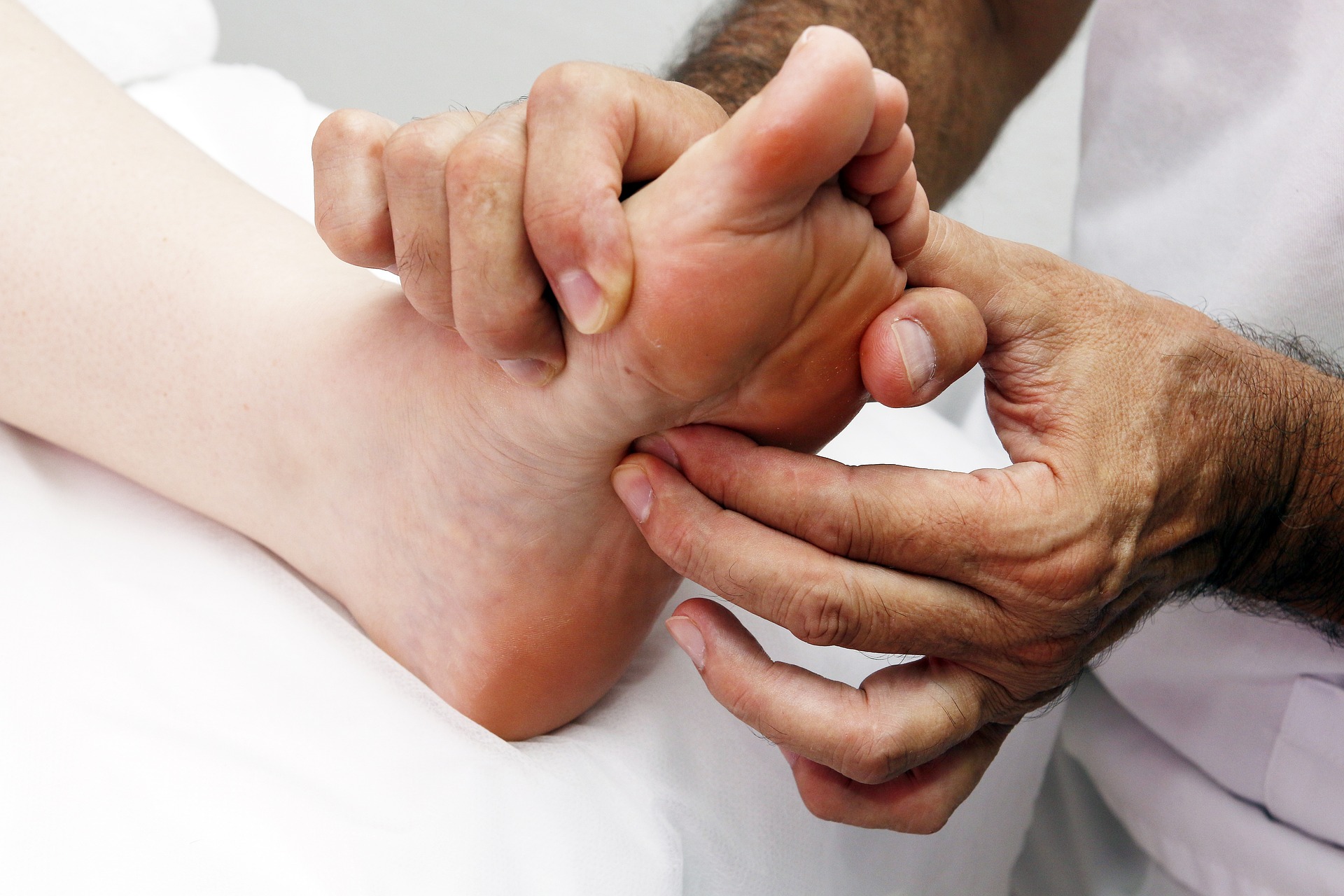Find a Rehab That Truly Cares — Support Without Judgment
Finding the right rehab can be challenging, especially when worries about stigma or judgment come into play. In 2025, more recovery centers are dedicated to fostering safe, understanding spaces where people are treated with empathy and respect. The focus goes beyond treatment — it’s about rebuilding trust, resilience, and hope in an environment free from shame, built on genuine and lasting support.
Choosing the right rehabilitation facility involves understanding how different centers approach treatment and what makes some environments more conducive to healing than others. The most effective programs recognize that addiction affects people from all walks of life and that shame-based approaches often hinder rather than help the recovery process.
What Defines a Truly Judgment-Free Rehab Space?
A judgment-free rehabilitation environment is characterized by staff who view addiction as a medical condition rather than a moral failing. These facilities train their team members to use person-first language, avoiding stigmatizing terms that can make individuals feel ashamed or defensive. The physical environment also plays a role, with comfortable, welcoming spaces that feel more like healing centers than clinical institutions.
Key indicators of a judgment-free space include individualized treatment plans that respect each person’s unique circumstances, peer support programs that foster connection rather than competition, and policies that protect client confidentiality and dignity throughout the treatment process.
How Supportive and Compassionate Recovery Methods Are Changing in 2025
Modern rehabilitation programs are incorporating trauma-informed care principles that recognize the connection between past experiences and addictive behaviors. This approach emphasizes safety, trustworthiness, peer support, collaboration, empowerment, and cultural considerations in treatment design.
Many facilities now offer holistic treatment options including mindfulness practices, art therapy, equine therapy, and outdoor adventure programs alongside traditional counseling and medical support. These diverse approaches acknowledge that healing happens differently for each individual and that multiple pathways to recovery should be available.
Creating Safe Rehabilitation Environments for Vulnerable Individuals
Vulnerable populations, including LGBTQ+ individuals, people with mental health conditions, pregnant women, and those with histories of trauma, require specialized considerations in rehabilitation settings. Progressive treatment centers are developing specific protocols to ensure these individuals feel safe and supported throughout their recovery journey.
Safe environments feature trained staff who understand the unique challenges faced by different populations, inclusive policies that respect diverse identities and experiences, and treatment approaches that address co-occurring conditions alongside addiction. These facilities also maintain strict anti-discrimination policies and create spaces where all individuals can participate fully in their recovery without fear of judgment or harassment.
Why Dignity in Addiction Treatment Matters for Long-Term Recovery
Maintaining dignity throughout the treatment process is crucial for building the self-worth and confidence necessary for sustained recovery. When individuals feel respected and valued, they are more likely to engage actively in treatment, develop healthy coping mechanisms, and maintain sobriety after leaving the facility.
Dignity-focused treatment includes involving clients in treatment planning decisions, respecting their autonomy while providing necessary structure, and celebrating progress rather than focusing solely on setbacks. This approach helps individuals rebuild their sense of self-worth, which addiction often damages significantly.
Treatment Center Comparison: Judgment-Free Rehabilitation Options
When evaluating different rehabilitation facilities, several factors can help identify those that prioritize compassionate, judgment-free care. Consider the facility’s treatment philosophy, staff credentials and training, available programs and services, and success rates for different populations.
| Treatment Center Type | Services Offered | Key Features | Cost Estimation |
|---|---|---|---|
| Inpatient Residential | 24/7 medical care, individual/group therapy, detox services | 30-90 day programs, structured environment | $15,000-$50,000 per month |
| Outpatient Programs | Counseling, group therapy, medication management | Flexible scheduling, maintain work/family obligations | $3,000-$10,000 per month |
| Intensive Outpatient | Daily therapy sessions, medical monitoring | Structured support with home-based recovery | $5,000-$15,000 per month |
| Luxury Treatment Centers | Premium amenities, holistic therapies, private rooms | Spa-like environment, gourmet meals, recreational activities | $30,000-$100,000 per month |
Prices, rates, or cost estimates mentioned in this article are based on the latest available information but may change over time. Independent research is advised before making financial decisions.
The most effective rehabilitation programs combine evidence-based medical treatment with compassionate human connection. They recognize that recovery is not just about stopping substance use but about rebuilding a meaningful life worth living. When evaluating options, look for facilities that demonstrate genuine care for their clients’ wellbeing, offer comprehensive support services, and maintain a track record of helping individuals achieve lasting recovery. The right treatment center will feel like a place of healing and hope rather than punishment or shame.
This article is for informational purposes only and should not be considered medical advice. Please consult a qualified healthcare professional for personalized guidance and treatment.





